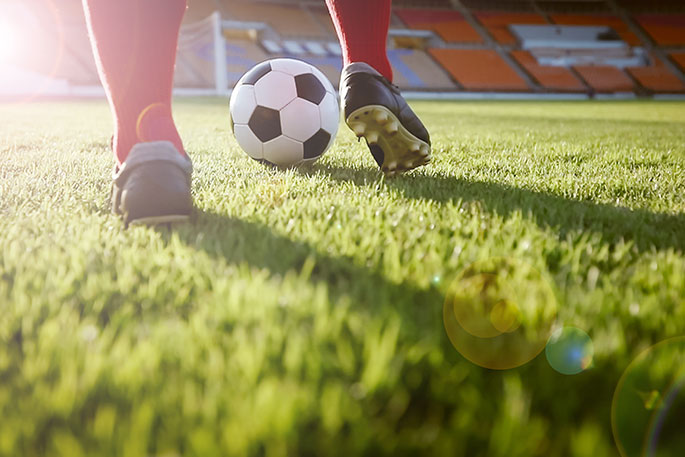Co-hosting the FIFA Women World Cup 2023 in New Zealand is a fantastic opportunity to deliver an exceptional sporting event, says the Human Rights Commission.
'We warmly congratulate the New Zealand FWWC organisers and look forward to working with them to help bring their commitments to life,” says Chief Human Rights Commissioner Paul Hunt.
'The Commission is delighted to be named among the organisations that the organisers will seek to partner with for maximum impact on human rights issues.”
The successful bid document sets out explicit commitments to engage with communities and stakeholders on topics such as human rights, anti-discrimination, accessibility and environmental protection.
Disability Rights Commissioner Paula Tesoriero says international sporting events are important platforms for showcasing the principles of inclusion, fairness, and equality in action, on and off the field.
'We want to see support for the visibility and rights of indigenous people, people of colour, rainbow players and supporters, and disabled participants and fans.”
Paula says hosting this FIFA Women's World Cup is also a chance to plan for a gold star accessible event in which all fans can enjoy a 'barrier-free environment”.
Previous FWWC hosts have increased accessibility with solutions such as audio descriptions of matches, free headphones, easy access seating, and wheelchair lending services.
Paula says the Commission aims to support planning that ensures New Zealanders' rights to housing, and decent pay for workers, are upheld during the event which will impact on demands for staff and accommodation in the host areas.
The Australian and New Zealand co-hosts have promised to promote international and community debate about the rights of women and girls, including access to sport, female-friendly sports infrastructure, equal pay, anti-discrimination issues and the breaking down of stereotypes.
Paul Hunt says it is great to see the organisers' commitment to these issues and the promise to work with tangata whenua.
'We look forward to seeing the principles of Te Tiriti o Waitangi upheld throughout the event as part of the 2023 FWWC's commitment to the United Nations Declaration on the Rights of Indigenous Peoples.”
Paul acknowledges the huge contribution former Chief Commissioner David Rutherford has made - and continues to make - in clarifying and advancing the close relationship between human rights and sport events.
'New Zealand is a world leader in recognising the connections between human rights and sports, and this presents another significant opportunity to influence nationally and globally,” says Paul.



0 comments
Leave a Comment
You must be logged in to make a comment.